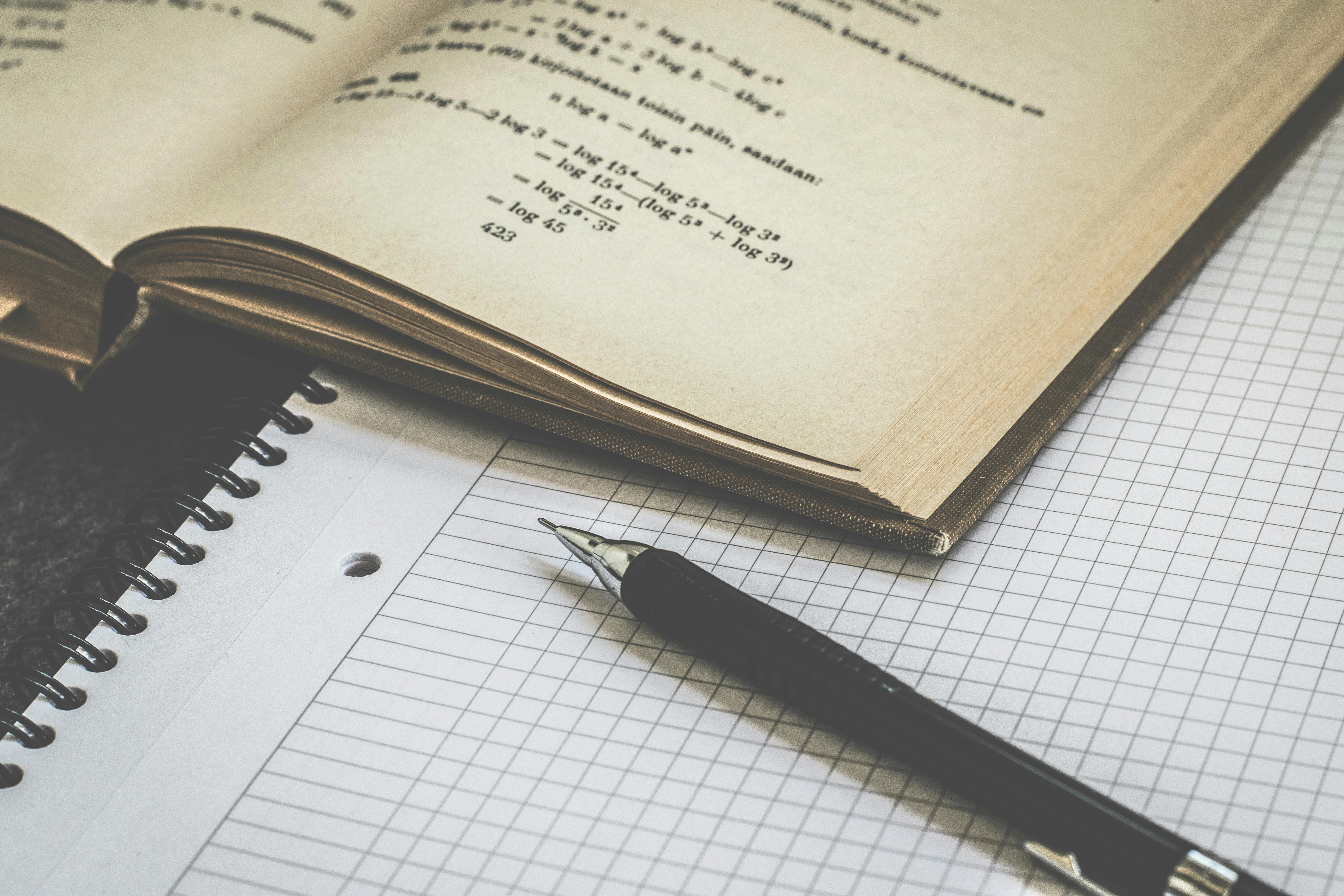Overcoming Finals
April 8, 2025
As someone who had 10 finals last semester—yes, 10, you heard that right—I think I have mastered the art of taking exams, especially a lot of them in a short amount of time. I had so many finals that some were even outside the exam period. Let me lay out my tips and what I usually do.
Start Planning Ahead
I don’t want to sound like a broken record here, but truly, always plan ahead and make to-do lists. If you’ve read any of my other articles, you’ll know they are all about making to-do lists. I always start right when the university releases the schedule for finals by writing them all down on my calendar with the course name, time, and location.
Take a picture of your schedule and keep it on your phone because you’d be surprised at how often I’m on my way to school on the day of the exam and have no idea what room it’s in. Or, in the thick of exam week, I completely forget what time my exam is the next day. This is IMPORTANT information that you do NOT want to mess up, so make sure you check that you wrote everything down correctly and keep that picture safe! Or, use Google Calendar and download the app.
Study Plans
Now that you know when each of your exams is, start creating your study plan. I like to have reviewed all my lectures at least one day before the exam so that the day before, I am just reviewing and not learning any new concepts. It’s important to allocate different lectures to study each day, especially for exams that fall in the middle of the exam period.
Be careful not to neglect studying for your last exam—that’s a classic rookie mistake. You get so caught up with your earlier exams that you end up studying the most for the first one and the least for the last. But what if your last exam is objectively a harder subject that requires more time? Keep that in mind when planning your study schedule.
Now, Let’s Actually Study
As someone in Medical Laboratory Science, I mostly have to study through memorization. So, what I like to do is read through my PowerPoint lectures, ensure I understand the slides, and then write whatever I need to memorize somewhere on the slide.
Guys, remember, it is impossible to memorize everything in a lecture. Use your critical thinking skills and memorize the things that matter.
I know—it’s hard to figure out what’s important and what isn’t. Usually, I highlight the things the professor emphasizes in the lecture. If it’s bolded or highlighted already on the professor’s slides, that’s a good indication that you should know that concept.
Try Practice Quizzes
You’d be surprised at how much you actually know after reviewing something for a little bit. Try testing yourself with old quizzes or maybe even get ChatGPT to make some questions for you!
Review Everything the Day Before
The day before the exam, focus on reviewing rather than learning new material. Go over key concepts, do a final round of self-testing, and reinforce any weak areas.
Go In Confident
Lack of confidence can make you forget everything you know. Walk into that exam room knowing that you’ve prepared and that you’re capable. Trust yourself!



